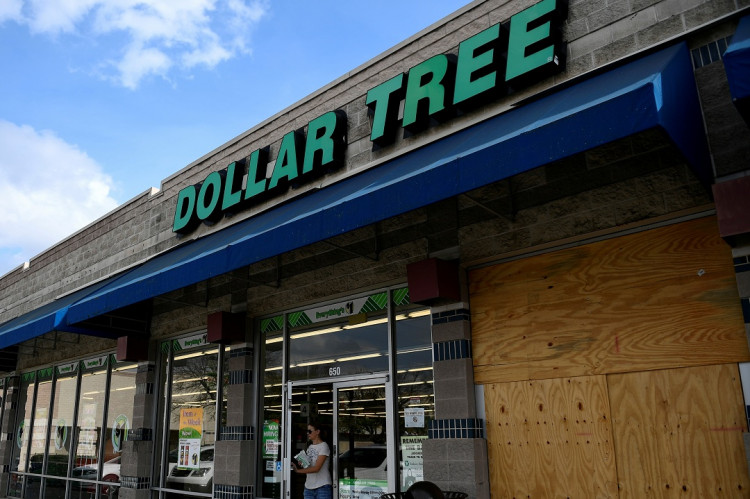Dollar Tree, the Virginia-based discount retailer, has unveiled plans to significantly downsize its operations by closing nearly 1,000 of its Family Dollar stores. This announcement came alongside the company's latest financial report, which fell short of Wall Street's expectations for both quarterly sales and profit. The decision to close stores is part of Dollar Tree's broader strategy to rejuvenate the Family Dollar brand, which has been underperforming in comparison to its Dollar Tree counterparts.
The retailer's shares dropped approximately 8% in premarket trading as it also forecasted annual sales and profit figures that did not meet analysts' projections. This downturn reflects broader challenges within the dollar store sector, which has struggled with shifts in consumer spending towards lower-margin essentials and away from discretionary items such as home decor and electronics. Additionally, Dollar Tree faces intense competition from larger retailers like Walmart and emerging platforms like the Chinese e-commerce giant Temu.
In a move to address these challenges, Dollar Tree disclosed a comprehensive portfolio optimization review last November, hinting at the possibility of store closures to pave the way for recovery. The company plans to shutter about 600 Family Dollar stores in the first half of fiscal 2024, with an additional 370 closures slated over the following years. Additionally, 30 Dollar Tree outlets are set to close as their lease terms expire.
The financial toll of these strategic decisions is evident in Dollar Tree's recent earnings report. The company incurred a significant $594.4 million charge related to its portfolio review, alongside a $1.07 billion goodwill impairment charge and $950 million in other asset impairment charges for the quarter ending February 3. Consequently, Dollar Tree reported a substantial net loss of $1.71 billion, or $7.85 per share, a stark contrast to the profit of $452.2 million, or $2.04 per share, recorded in the same period the previous year.
On an adjusted basis, the company earned $2.55 per share, falling below the anticipated $2.65 per share. Quarterly net sales amounted to $8.63 billion, slightly below the expected $8.67 billion. Looking ahead, Dollar Tree anticipates full-year sales to range between $31 billion and $32 billion, with projected profits between $6.70 and $7.30 per share, both marginally below analyst estimates.
As Dollar Tree embarks on this significant restructuring, the retail landscape watches closely. The company's efforts to revitalize its Family Dollar segment and adapt to shifting consumer preferences and competitive pressures will be critical in determining its future success in the discount retail sector.






